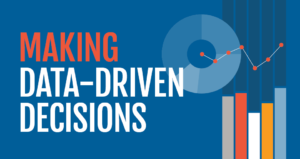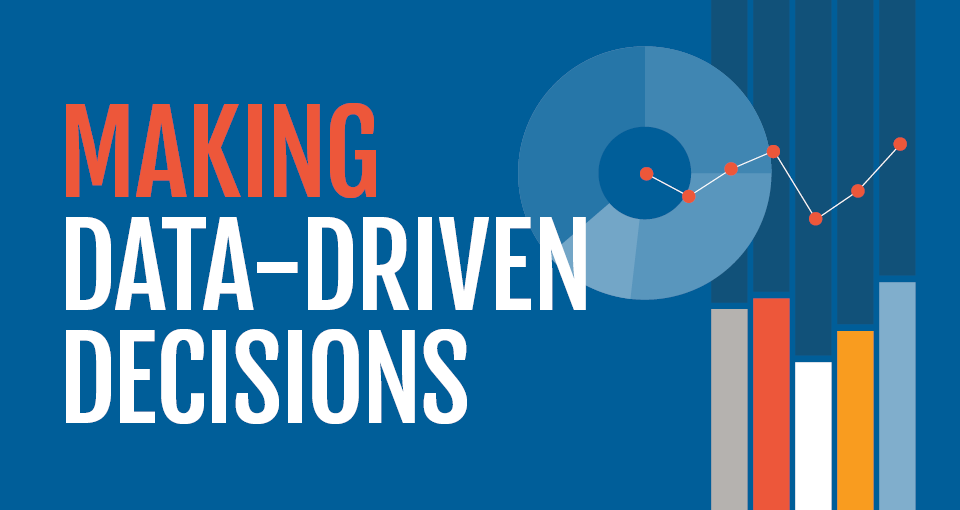Data Driven Decision Making in Health Care
The healthcare industry is experiencing a big transformation which is facilitated by fast growth and availability of data. The vast amount of information that cuts across patient demographics to treatment plans provides big opportunities for enhancing the safety, quality and efficiency of quality care.
What is Data Analysis?
Data analysis is the process of evaluating and interpreting data to help provide informed decision-making. Data analysis helps to identify consistent patterns and trends associated with adverse occurrences. The pattern helps health experts to provide preventive measures and decrease the rate of harm.

Data Analysis in Health Care
Data analysis on medical treatment plans on medication errors helps improve patient safety and decrease mortality rates. Besides, health organizations help to enhance patient safety and decrease mortality rates. The data results assist in developing personalized care plans for patients with chronic conditions. Thus, the outcomes led to better disease management and enhanced quality of life. Besides, the medical personnel are able to track patient outcomes and compare performance across established benchmarks, enhancing quality improvement.

Data Analysis in Health Care Benefits
- Data analysis helps to optimize operations efficiency. Understanding the data related to patient recovery plans, resource allocation and errors leads to cost savings and enhanced productivity. Moreover, proper resource allocation helps to reduce wait times and improve patient satisfaction.
- Data examination aids in providing valuable information to help support strategic decision-making and allocate resources effectively. For instance, identifying new opportunities and evaluating the impact of healthcare policies.
Data Collection to Measure Health Care
- Data point helps to promote patient-reported experiences for quality care delivery associated with communication with healthcare providers.
- Data point assists in gaining a detailed understanding of patient experiences in connection to communication.

The data collection helps to promote the emotional connection between patients and healthcare staff. Therefore through examining of health focused data point the results help identify areas where communication can be improved to enhance patient satisfaction, safety and experience. Moreover, to carry out data analysis, the medical process must identify the patterns, themes and groupings across the collected data to identify key findings.
PHOTO CREDIT: GOOGLE.COM
WRITTEN BY:AMEDICC.COM
